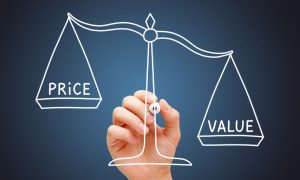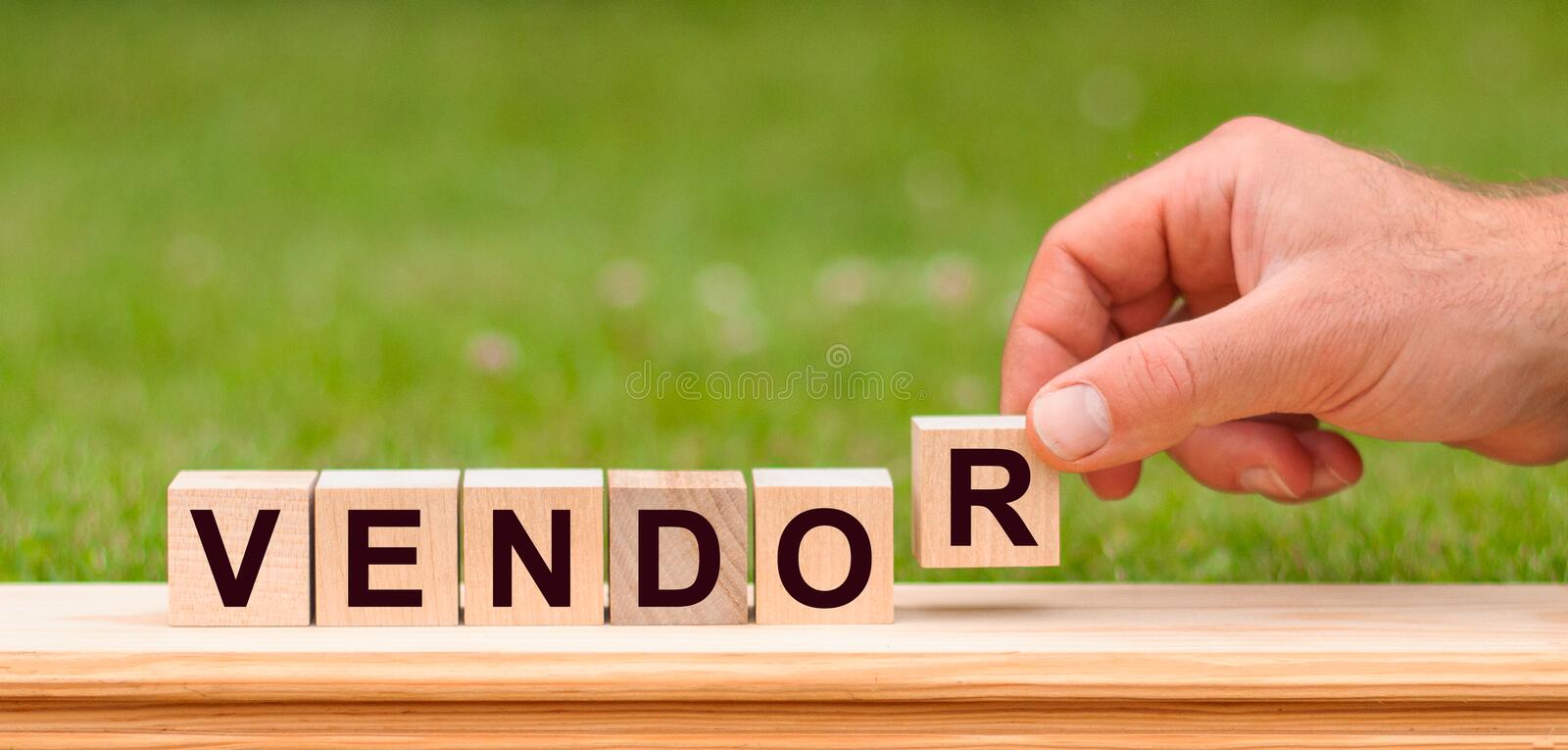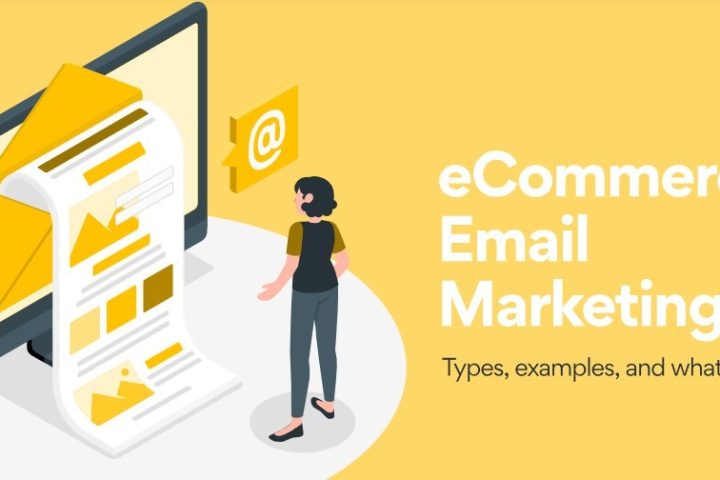Your ability to choose wisely and correctly the right fit of vendors for your business determines the sustainability of that business.
A vendor, also known as a supplier, is an individual or company that sells or supplies goods or services to someone else, or to another business.
All businesses, large or small have their chain or list of vendors from which they purchase goods at wholesale prices that they then sell at retail prices to their customers. It could also be that a business uses suppliers to get needed raw materials for the production of other goods or services.
Join our WhatsApp ChannelWatch the video here
One of the major challenges for today’s purchasing managers in any industry, be it service or manufacturing, is selecting the right vendor(s) for their components, parts and supplies. Selection of vendors includes determining the vendors and the number of orders to be placed on each vendor. Choosing the appropriate vendor(s) is extremely important since total quality management and customer satisfaction are the goals of almost all organizations. The performance of vendors has a significant impact on the productivity, quality and competitiveness of an organization.
Choosing the wrong vendor can cost your business significantly in terms of time and money – even your reputation.
To help you with getting the right vendor(s) for your business, here are six things you MUST consider:
1. Crosscheck Vendor References: This is the first step to identifying a good vendor. Get the suppliers to send at least three of their references. If any seller hesitates, that’s a red flag right there. Reach out to their references and ask questions on integrity and honesty, timeliness in delivery and attending meetings, attitude, quality of goods and services, and others you may choose to investigate. This stage is a serious one because it is just like hiring an employee without proper background checks.

2. Quality of Goods & Services: Your reputation is paramount when you are in business. Therefore, getting quality products or services is top most on your list of priorities for the business. Where applicable, ask to see samples of the vendor’s previous work. Pricing is secondary when it comes to goods with poor or bad quality. Demand to see other jobs done and take note if they met expectations on them. If you are getting a vendor for a service then ask about their staff training. This is to ensure they can deliver high level of service that will meet your customers’ needs and expectations. If they cannot provide evidence or give a good answer then watch it carefully before accepting them.

3. Pricing of Product or Service: This is another critical factor that will determine your supplier selection. You need to ask for more than one bid to be sure you can get the best deal. The goal is to get the best possible value for the lowest possible cost. Be sure to communicate your full needs or requirements to help you receive accurate bids, or you may end up paying more than estimated. One more thing, be careful of those vendors who quote far too low than others. This is one sign that they may end up supplying lower quality of goods or services.

4. Ability to Supply and Deliver Completely. It is foolhardy to want to play along with a supplier whose supply capabilities are in doubt, in terms of production and finance. A vendor that has supply issues will affect your ability to supply your customers and this is an important factor when selecting a vendor. It would be particularly difficult to obtain good terms if you need to purchase just a small range from another supplier, because your chosen vendor was unable to supply the complete range. Be careful of this. Does the vendor have a wide range of producers who are ready to supply at every given period? Your customers should have confidence in your ability to deliver needed goods and services. This can only be achievable when your vendors are also financially capable both to handle large demands as well sustain production and delivery.

5. Vendor Integrity & Ethical Conducts: Your customers should have confidence in your ability to deliver needed goods and services, in good time and in great quality. It is advisable to take a sneak-peek into your prospective vendor(s) level of honesty and ethical standards. You don’t want to lose your clients owing to bad conducts from your suppliers. Remember, your business integrity depends largely on the integrity of your vendors.

6. Existing Relationship Syndrome: Don’t allow yourself to fall into this trap. Keep the relationship professional and rebid the job every couple of years to ensure you are getting the best value for the money. Vendors are always trying to make you feel relaxed and forget your guard on the integrity of their persons and products. There is nothing wrong with having and keeping a vendor that you like and trust, only make sure to invite other bidders to be doubly certain that your preferred vendor is still giving you best value for your money.

It is never an easy road and task to invest in and build a business that is financially fit and sustainable. There so many factors to consider when selecting your business partners – vendors or suppliers but we have given you some of them that you can leverage on.
Selecting a vendor is daunting but an important undertaking that will greatly impact on the overall success of your business, in the long term. Do your homework well and ask the right questions.

















Follow Us